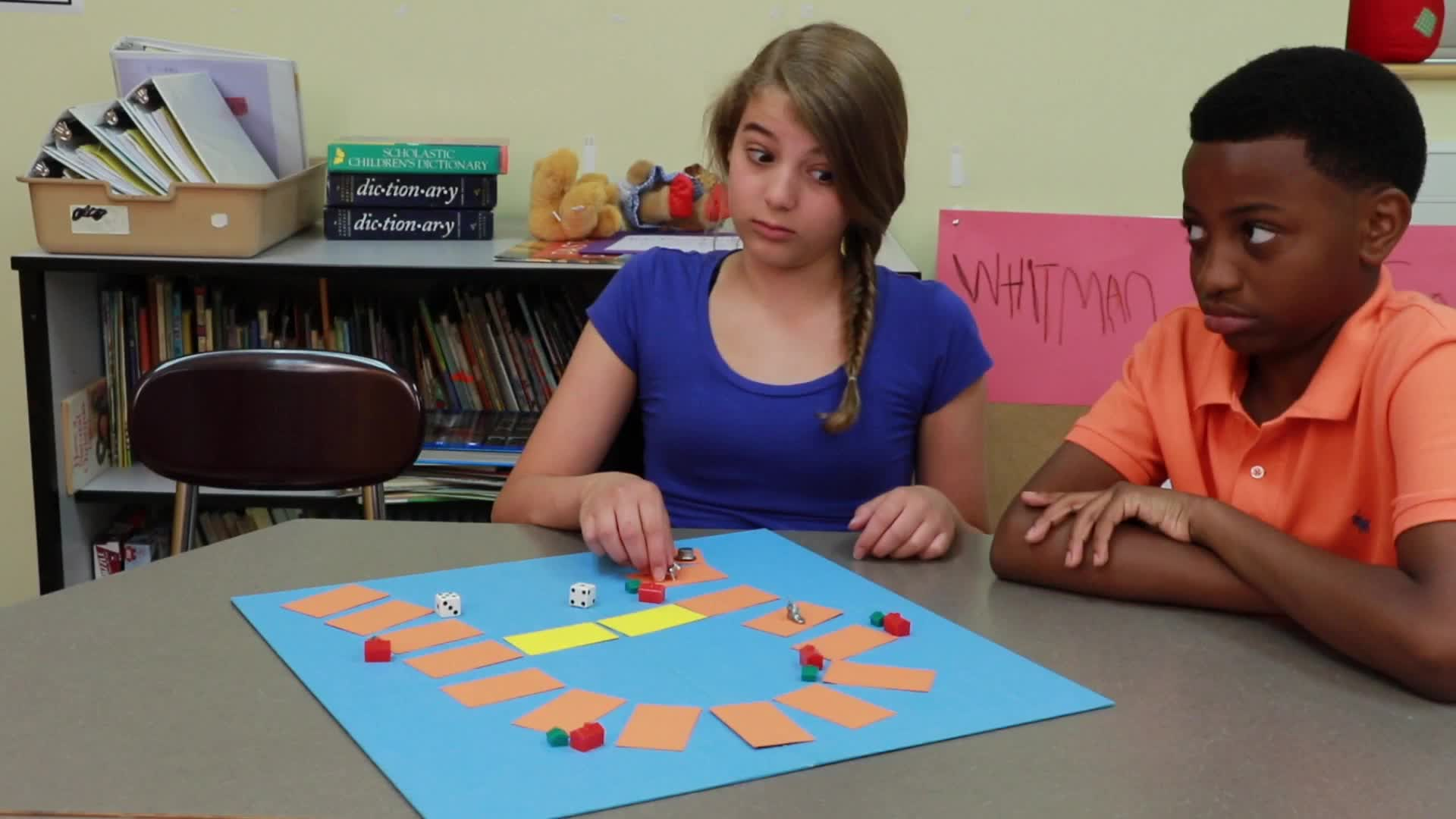Developing appropriate tattling skills is essential for young children in special education. These skills help students recognize when it’s necessary to report rule-breaking and when it’s better to let minor issues go. By setting effective IEP goals, educators can support children in learning this crucial social skill.
Understanding Appropriate Tattling Skills
Appropriate tattling skills involve the ability to differentiate between situations that warrant reporting to an adult and those that do not. Developing these skills can positively impact students’ learning, social interactions, and overall wellbeing. Students who master appropriate tattling are better equipped to navigate social situations and maintain healthy relationships with their peers.
The Role of Specialists
Various specialists can support the development of appropriate tattling skills in students:
- Speech-Language Pathologists: They can help students improve their communication and understanding of social situations.
- Social Workers: They can provide guidance on social norms and support students in navigating peer relationships.
- Psychologists: They can work on the cognitive aspects of decision-making and understanding the consequences of tattling.
- School Counselors: They can offer support to students in developing emotional regulation and conflict resolution skills.
IEP Goals for Appropriate Tattling Skills
Here are some SMART IEP goals to help students develop appropriate tattling skills:
Goal 1: Differentiate Between Major and Minor Issues
By the end of the school year, the student will be able to differentiate between major and minor issues in 4 out of 5 situations, as measured by teacher observations and checklists.
Strategies and activities:
- Role-play scenarios to practice identifying major and minor issues.
- Use social stories to illustrate the consequences of excessive tattling.
- Create a visual chart to help students categorize problems.
Goal 2: Develop Decision-Making Skills
By the end of the school year, the student will demonstrate improved decision-making skills by correctly deciding whether to report an issue in 4 out of 5 scenarios, as measured by teacher observations and checklists.
Strategies and activities:
- Teach students a step-by-step process for evaluating situations.
- Use problem-solving worksheets to practice decision-making.
- Provide guidance on considering the consequences of tattling.
Implementing and Measuring Progress
Effective implementation of IEP goals involves regular monitoring, communication, and collaboration between educators and specialists. Progress can be measured through observations, checklists, and feedback from students and their families. Regularly review and adjust goals as needed to ensure students continue to develop appropriate tattling skills.
Conclusion
Developing appropriate tattling skills in PreK students is crucial for their social development and overall wellbeing. By setting effective IEP goals and working together with specialists, educators can foster a supportive learning environment and help students navigate social situations with confidence. Explore more resources and sample materials at Everyday Speech Sample Materials.






